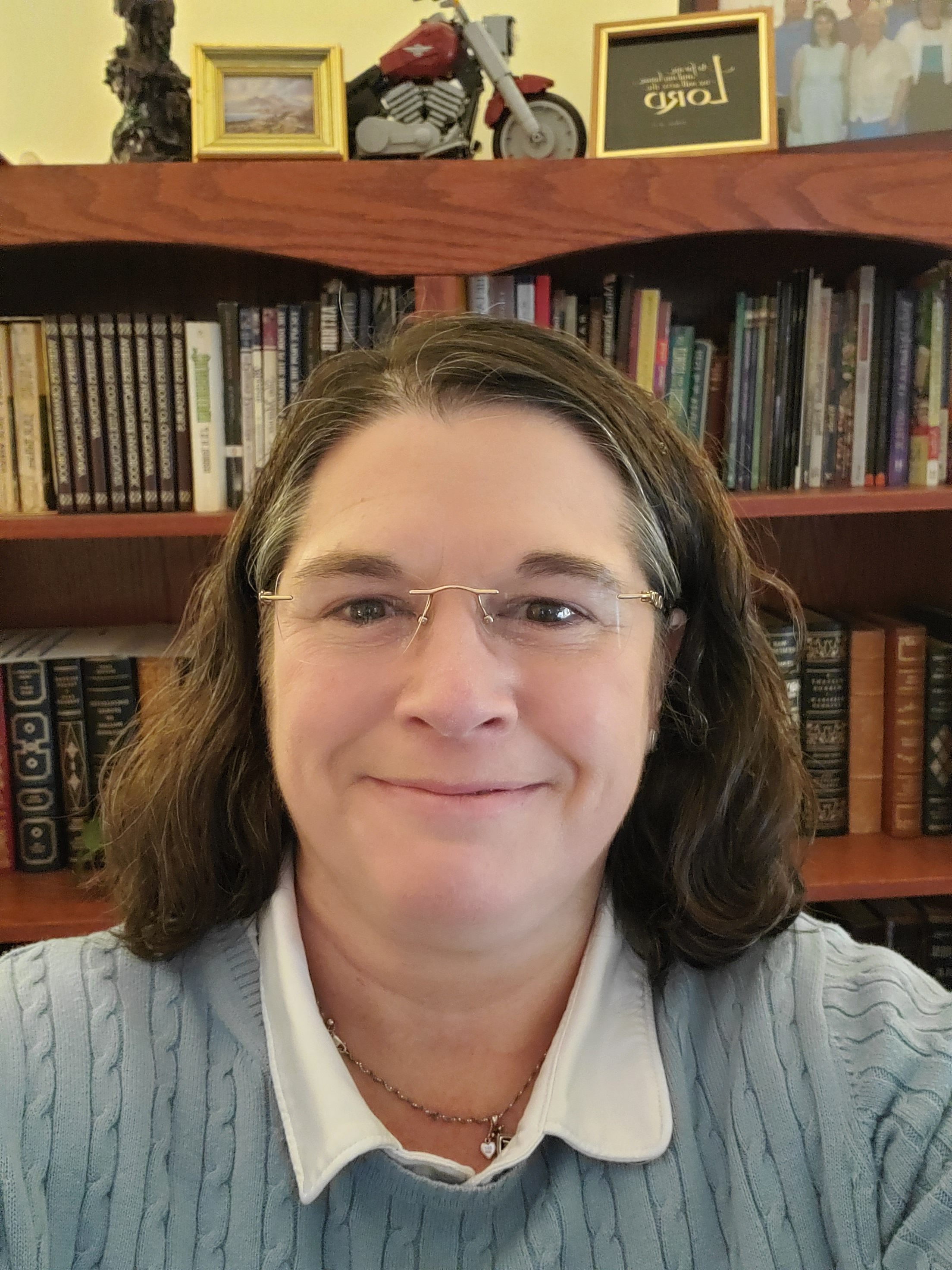For many trauma survivors, office holiday events can feel like navigating a complex maze of triggers, social expectations, and professional boundaries. Whether you’re dealing with PTSD, complex trauma, or healing from past experiences, know that your feelings about these events are valid, and you have the right to prioritize your well-being while maintaining your professional relationships.
Understanding Your Needs (Without Judgment)
The first step in navigating holiday events is understanding and validating our own responses. Many of us have internalized shame or self-criticism about our reactions to social situations, but these responses often serve an important protective function.
Before diving into strategies, let’s pause for a moment to reframe how we think about our responses to holiday events. What others might label as “social anxiety” or dismiss as “being antisocial,” we can recognize as our body’s innate wisdom at work. Instead of viewing our hesitation as a weakness, we can understand it as our finely-tuned nervous system doing exactly what it learned to do — protect us. When we feel the urge to step back, take breaks, or limit our time at events, that’s not a flaw or failure — it’s our body drawing on past experiences to keep us safe. This protective response is completely normal and even adaptive for trauma survivors.
Creating a Safety Plan for Holiday Events
Just as a pilot doesn’t take off without a flight plan, we shouldn’t enter potentially challenging social situations without a safety plan. Having clear strategies in place can help us feel more confident and in control of our experience.
Set Clear Boundaries Before the Event.
- Decide in advance how long you’ll stay
- Identify quiet spaces where you can take breaks
- Have an exit strategy and transportation plan
- Consider bringing a trusted colleague as an ally
Plan Your Self-Care Strategy
Self-care isn’t just about what we do after an event — it’s about making conscious choices during the event that honor our needs and boundaries. Here are some strategies to help you maintain your equilibrium while participating professionally.
You don’t need to attend every event or stay for the entire duration. Instead, consider making a brief appearance during quieter hours when the energy is typically more subdued and manageable. While there, position yourself strategically near exits or quiet corners, creating natural opportunities for breaks and ensuring you have easy access to less stimulating spaces when needed. Keep grounding objects in your pocket — perhaps a smooth stone, a fidget tool, or any small item that helps you stay connected to the present moment. Throughout your time there, use breathing techniques as needed to help regulate your nervous system and maintain your sense of calm and control.
Managing Common Challenges
Holiday events often present specific challenges for trauma survivors. By anticipating these challenges, we can prepare ourselves with effective coping strategies and responses that maintain both our well-being and professional relationships.
Alcohol and Substance Pressure
The presence of alcohol at workplace events can create additional stress for many trauma survivors. Whether for personal, health, or recovery reasons, it’s important to have strategies ready for navigating these situations.
Many trauma survivors face additional challenges around alcohol at holiday events. It’s perfectly acceptable to:
- Hold a non-alcoholic beverage
- Practice responses to decline drinks
- Leave before drinking increases
- Coordinate with HR for alcohol-free alternatives
Sensory Overload Management
Holiday celebrations often create environments that can quickly become overwhelming for our nervous systems. Understanding and preparing for these sensory challenges can help us manage them more effectively.
Holiday parties often mean bright lights, loud music, and crowds. Consider:
- Wearing comfortable clothes
- Using noise-canceling earbuds
- Taking regular outdoor breaks
- Standing near areas with better ventilation
Professional Impact and Recovery
The effects of attending holiday events don’t end when we leave the party. Taking a mindful approach to the following day can help us maintain our professional presence while honoring our need for recovery.
The Day After
Planning for the day after an office holiday event is just as important as preparing for the event itself. If possible, try to schedule a lighter workload, giving yourself permission to work at a gentler pace as you process and recover. Keep comfort items at your desk — perhaps a favorite tea, a soft scarf, or any objects that help you feel grounded and secure. When you’re ready, take time to process the experience with a trusted friend or therapist who can hold space for your feelings and insights. Most importantly, remember to celebrate your courage in showing up and navigating the event — each social interaction, no matter how brief, is a step forward in your journey of growth and healing.
Moving Forward
Success in navigating workplace events isn’t just about surviving them — it’s about growing stronger and more confident in our ability to manage professional situations while honoring our healing journey. Each experience provides valuable insights we can use to refine our approach.
Attending holiday work events while managing trauma responses takes incredible strength. Each social interaction is an opportunity to practice self-advocacy and build resilience, but only when it feels right for you.
Questions for Reflection and Journaling
Take some time to explore these questions in your journal. There are no right or wrong answers — this is your unique journey:
- When have you successfully navigated a challenging social situation in the past, and what strengths did you draw upon in that moment?
- What resources (internal and external) do you have available to support yourself during these events?
- How might this experience contribute to your ongoing journey of professional growth while honoring your healing process?
An Invitation
If you’d like to join an online community of other resilient overcomers focusing on their careers, I invite you to join The Resilient Career Academy™ Community. (RCA Community)
The RCA Community is a group dedicated to helping/supporting those working to overcome adversity and achieve their full potential in their careers.
The benefits to you are:
- Community. The community provides support, encouragement, the ability to share frustrations and get feedback from people who understand the struggle.
- Workplace/Career Resources. The group provides tools, resources, and templates to help you with your career journey.
- Available Coaching Support. The community is supported by trained and certified coaches who are available for individual sessions.
- Learning. You will have access to various trauma/workplace-related online courses developed by our coaches to help you in your journey.
- Workshops/Webinars . You will have access to practical workshops/webinars targeted to help you in the workplace grow your career.
If you are interested in joining us, click here: https://resilientcareeracademy.myflodesk.com/community
As always, you do not have to walk this journey alone. Contact me to schedule your free discovery call.
Trigger Tracker Template — This is a FREE resource to help you become aware of your triggers in the workplace and plan the coping strategies you will use to get through the experience.
If you want to stay informed on the programs, tools, and training I offer, sign up for my mailing list.
You can also visit my website for more information on courses and other freebies I offer at: https://www.cyndibennettconsulting.com.
Guest Post Disclaimer: Any and all information shared in this guest blog post is intended for educational and informational purposes only. Nothing in this blog post, nor any content on CPTSDfoundation.org, is a supplement for or supersedes the relationship and direction of your medical or mental health providers. Thoughts, ideas, or opinions expressed by the writer of this guest blog post do not necessarily reflect those of CPTSD Foundation. For more information, see our Privacy Policy and Full Disclaimer.

Believer. Leader. Learner. Advocate. Writer. Speaker. Coach. Mentor. Triathlete. Encourager. Survivor.
Most of all, I am a fellow traveler on the rocky road called, Trauma Recovery. My mission is to minimize the effects of trauma for survivors in the workplace.




